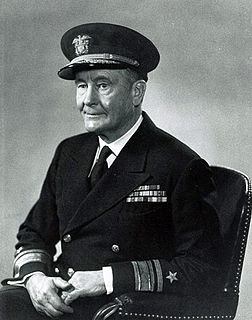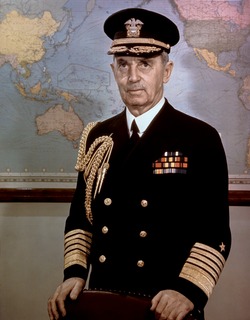A Quote by Paul Virilio
France and Germany were opposed to a maritime blockade of the Adriatic Sea without a mandate from the United Nations (UN). So, what we witnessed in Kosovo was an extraordinary war, a war waged solely with bombs from the air.
Related Quotes
I believe that during the intervention of NATO in Kosovo there is an element nobody can question: the air attacks, the bombs, are not caused by a material interest. Their character is exclusively humanitarian: What is at stake here are the principles, human rights which have priority above state sovereignty. This makes it legitimate to attack the Yugoslav Federation, although without the United Nations mandate.
What happened in Kosovo was the exact reversal of what happened in 'Fortress Europe' in 1943-45. Let me explain. Air Marshall 'Bomber' Harris used to say that 'Fortress Europe' was a fortress without a roof, since the Allies had air supremacy. Now, if we look at the Kosovo War, what do we see? We see a fortress without walls but with a roof! Isn't that disappearance extraordinary?!
Most of us who were opposed to the war, especially in the early '60's - the war we were opposed to was the war on South Vietnam which destroyed South Vietnam's rural society. The South was devastated. But now anyone who opposed this atrocity is regarded as having defended North Vietnam. And that's part of the effort to present the war as if it were a war between South Vietnam and North Vietnam with the United States helping the South. Of course it's fabrication. But it's "official truth" now.
When I was arrested opposing the war in Vietnam in 1965, as I said about 20 or 30% of people were opposed to the war. By 1968, more than half of Americans were opposed to the war. If you pull in Europeans, Canadians, people from around the Third World, the war was vastly unpopular. But even half of Americans by 1968 opposed the war.
The use of [the atomic bombs] at Hiroshima and Nagasaki was of no material assistance in our war against Japan. The Japanese were already defeated and ready to surrender because of the effective sea blockade and the successful bombing with conventional weapons... The lethal possibilities of atomic warfare in the future are frightening. My own feeling was that in being the first to use it, we had adopted an ethical standard common to the barbarians of the Dark Ages. I was not taught to make war in that fashion, and wars cannot be won by destroying women and children.
It was necessary to put the South at a moral disadvantage by transforming the contest from a war waged against states fighting for their indepdence into a war waged against states fighting for the maintenance and extension of slavery...and the world, it might be hoped, would see it as a moral war, not a political; and the sympathy of nations would begin to run for the North, not for the South.
The reason territorial monarchs failed time after time against maritime powers was not that absolutist, non-consensual governments were incapable of building great fleets in peace - quite the reverse - but that they were unable to fund them in the crises of war. Mainly this was because they were forced to divert resources from the fleet to their armies, to fight territorial rivals frequently financed by their maritime enemy from the profits of sea trade.
To have security against atomic bombs and against the other biological weapons, we have to prevent war, for if we cannot prevent war every nation will use every means that is at their disposal; and in spite of all promises they make, they will do it. At the same time, so long as war is not prevented, all the governments of the nations have to prepare for war, and if you have to prepare for war, then you are in a state where you cannot abolish war.
The atom bomb was no “great decision.” It was used in the war, and for your information, there were more people killed by fire bombs in Tokyo than dropping of the atomic bombs accounted for. It was merely another powerful weapon in the arsenal of righteousness. The dropping of the bombs stopped the war, save millions of lives.
If you look back to the anti-intervention movements, what were they? Let's take the Vietnam War - the biggest crime since the Second World War. You couldn't be opposed to the war for years. The mainstream liberal intellectuals were enthusiastically in support of the war. In Boston, a liberal city where I was, we literally couldn't have a public demonstration without it being violently broken up, with the liberal press applauding, until late 1966.
Moreover, I would like to say that the sort of polar inertia we witnessed in the Kosovo War, the polar inertia involving 'automated war' and 'war-at-a-distance' is also terribly weak in the face of terrorism. For instance, in such situations, any individual who decides to place or throw a bomb can simply walk away. He or she has the freedom to move. This also applies to militant political groups and their actions.



































